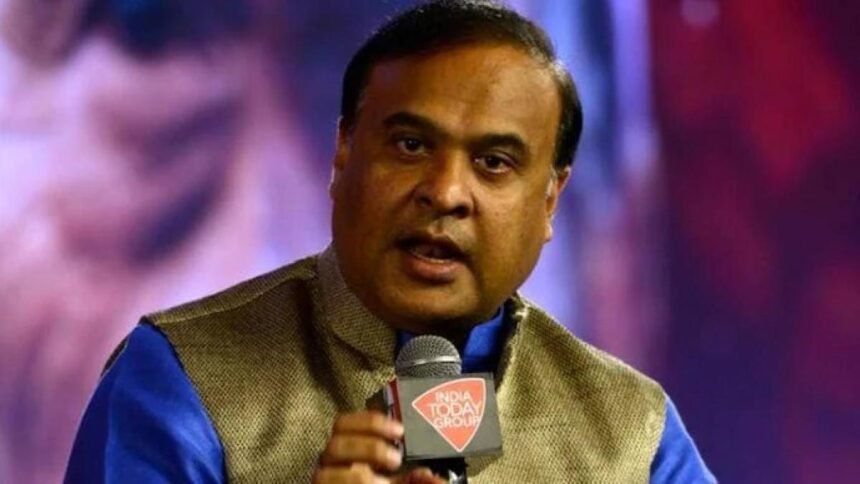Introduction: The recently published draft delimitation proposals for assembly and parliamentary seats in Assam by the Election Commission have caused a stir among the ruling alliance and opposition parties. The plan to realign constituencies has been met with criticism, with Assam Chief Minister Himanta Biswa Sarma expressing sadness over the trifurcation of his Jalukbari constituency. Meanwhile, the opposition has accused the Election Commission of acting as “an extended arm of BJP” and engaging in a conspiracy to safeguard the vote bank of the saffron party.
Draft Delimitation Document: The Election Commission notified the draft delimitation document on Tuesday, which retained the number of assembly seats in Assam at 126 and Lok Sabha constituencies at 14. Additionally, the state has seven Rajya Sabha seats. However, the realignment of constituencies has become a contentious issue, leading to a heated debate between the ruling alliance and opposition parties.
Chief Minister’s Reaction: Assam Chief Minister Himanta Biswa Sarma expressed his disappointment with the proposed delimitation plan, particularly the decision to trifurcate his Jalukbari constituency. Sarma, a prominent leader of the ruling alliance, conveyed his sadness over this development. The move to alter the boundaries of his constituency could have significant political implications and potentially affect his political base.
Opposition’s Allegations: The opposition parties have seized upon the draft delimitation proposals to accuse the Election Commission of bias and favoritism towards the ruling Bharatiya Janata Party (BJP). They claim that the Election Commission is acting as an “extended arm of BJP” and participating in a conspiracy to safeguard the vote bank of the saffron party. These allegations reflect the heightened political tensions in Assam, with the opposition parties vying to challenge the ruling alliance’s authority.
Criticism of the Election Commission: The Election Commission’s role in delimitation exercises is to ensure fair representation and equal distribution of constituencies based on population changes. However, the opposition parties have criticized the Commission for allegedly prioritizing political interests over the principles of neutrality and fairness. They argue that the proposed realignment of constituencies appears to benefit the ruling alliance by potentially consolidating their electoral advantage.
Debate on Electoral Boundaries: The publication of the draft delimitation proposals has intensified the debate on electoral boundaries in Assam. Various political stakeholders are actively engaging in discussions and lobbying for modifications to the proposed plan. This process underscores the significance of constituency boundaries in shaping political dynamics and power structures within the state.
Conclusion: The draft delimitation proposals for assembly and parliamentary seats in Assam have sparked a wave of criticism from both the ruling alliance and opposition parties. The Assam Chief Minister’s sadness over the trifurcation of his constituency and the opposition’s allegations of a conspiracy to safeguard the BJP’s vote bank have fueled the contentiousness of the issue. As the debate unfolds, it remains to be seen how the Election Commission will respond to the concerns raised by the various political stakeholders and whether any modifications will be made to the proposed delimitation plan.









